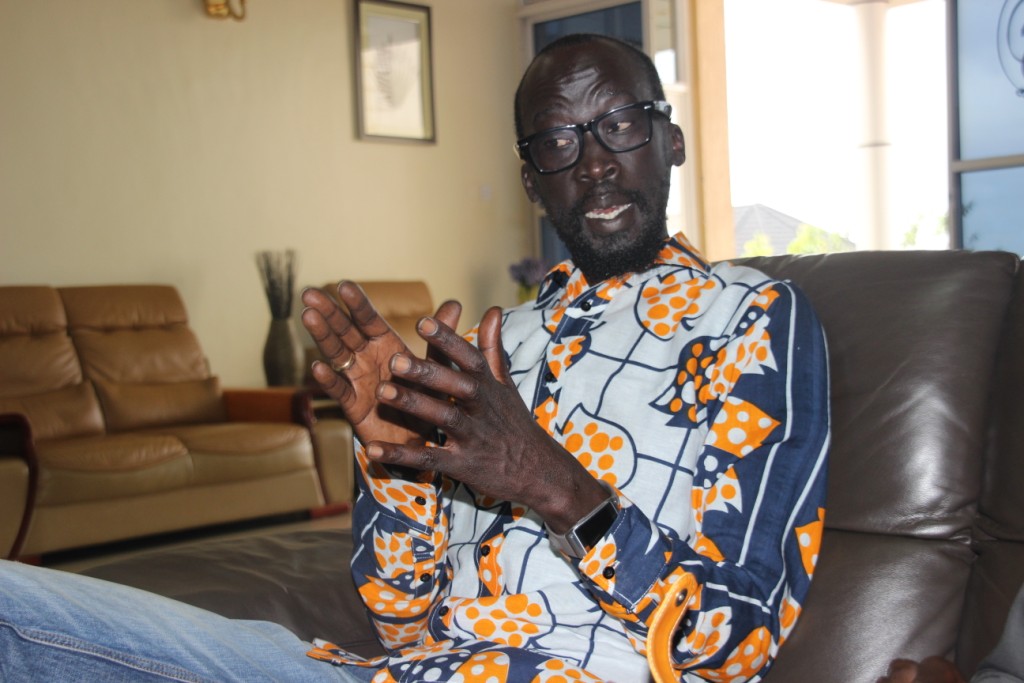
JUBA. South Sudan’s President Salva Kiir announced a sweeping political overhaul on Monday, reinstating James Wani Igga as Vice President, formalizing last week’s dramatic ouster of Benjamin Bol Mel, and appointing Mabior Garang de Mabior to cabinet in a broad reshuffle aimed at tightening control over the ruling SPLM and the security establishment.
The moves follow Kiir’s unprecedented action last week removing Bol Mel from the vice presidency, stripping him of his role as SPLM First Deputy Chairman, demoting him from General to the rank of Private, and dismissing him from the National Security Service.
The decision marked one of the sharpest political falls for a senior official since independence, underscoring the president’s intent to reassert authority within the fractious ruling party.Igga, a key SPLM figure and one of South Sudan’s long-serving political actors, returns as both Vice President and SPLM First Deputy Chairman, restoring his position at the center of the party’s leadership after a period of internal turbulence.
Kiir also brought Mabior Garang de Mabior, son of SPLM founder John Garang, back into government as Minister of Environment, replacing Josephine Napon.
Garang’s appointment signals an attempt to broaden the SPLM’s political tent and re-engage influential historical constituencies.
More changes
The reshuffle extends across multiple ministries. Long-time Information Minister Michael Makuei Lueth was removed and appointed Minister of Justice and Constitutional Affairs, taking over from Joseph Geng Akech, who was dismissed.
Former Presidential Press Secretary Ateny Wek Ateny was named Minister of Information and Government Spokesperson, bringing a new public messaging approach to the Kiir administration.
Former SPLM Secretary-General Peter Lam Both was appointed Minister of Roads and Bridges, replacing Mijok Mijak amid persistent infrastructure challenges driven by flooding and insecurity.
At the state level, Kiir dismissed Central Equatoria Governor Rabi Mujung and replaced him with Emmanuel Adil, reshaping leadership in the country’s most politically strategic region, which includes the capital, Juba.
The security sector also saw significant changes.
Inspector General of Police Abraham Manyuat was relieved and replaced by Said Chawul Lom, who returns to the post as the government struggles to contain localized violence and push forward stalled security-sector reforms.
In the diplomatic corps, Monica Achol Aguek was reinstated as a Grade 1 Ambassador and appointed Presidential Envoy to the Middle East, reflecting Juba’s ongoing effort to deepen ties with Gulf partners for investment and humanitarian support.
The restructuring, driven by Igga’s return, Bol Mel’s abrupt fall, and Garang’s entry into cabinet, marks one of Kiir’s most consequential political recalibrations in years.
The moves consolidate Kiir’s grip on power as the country faces uncertainty over electoral timelines, economic strain, and a fragile peace process.